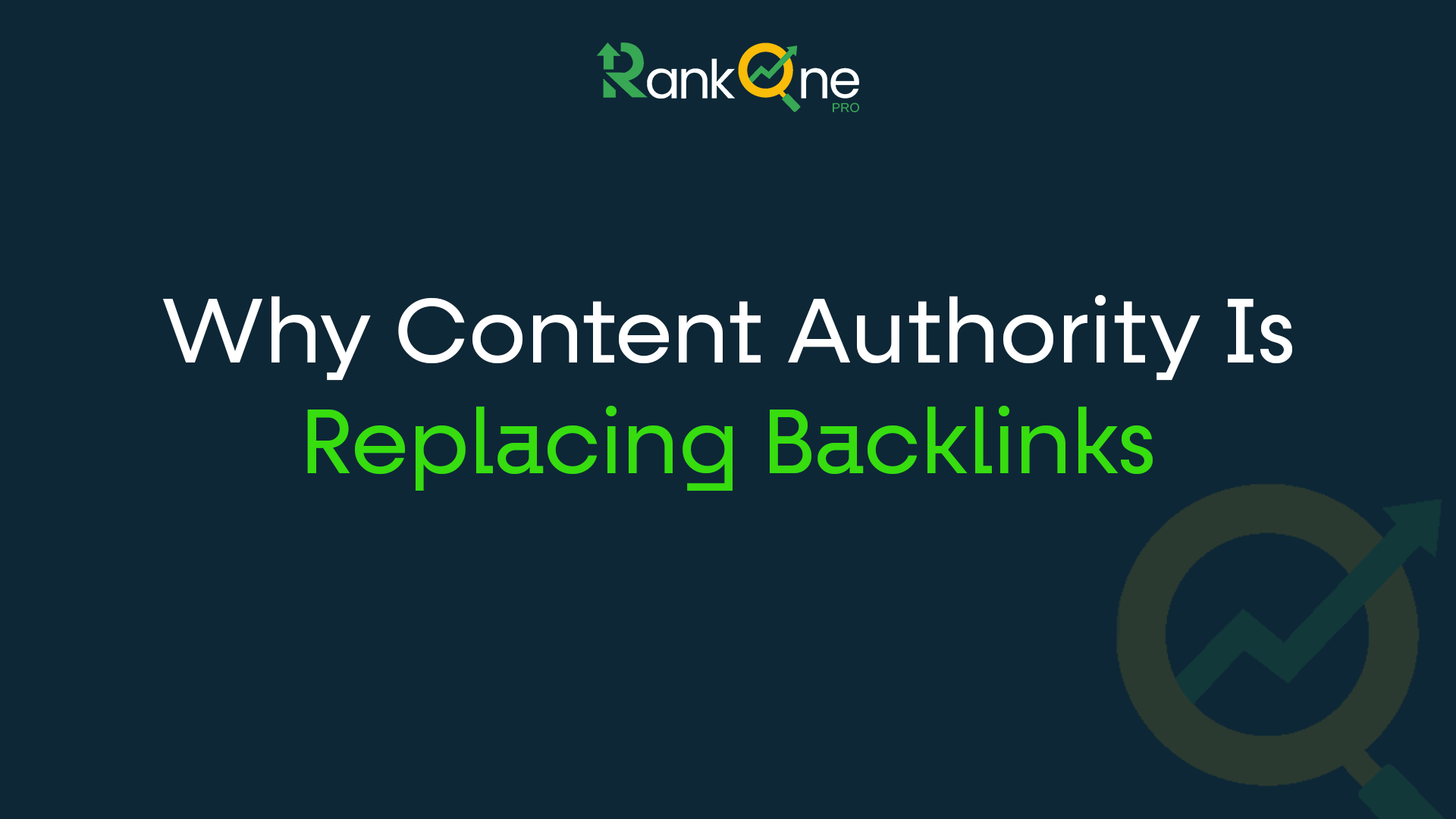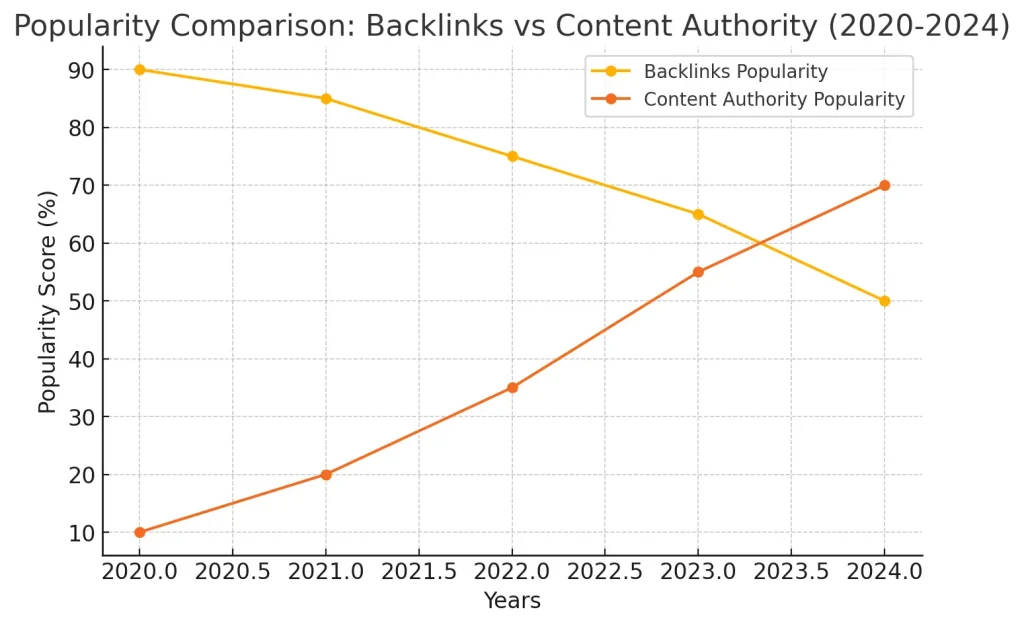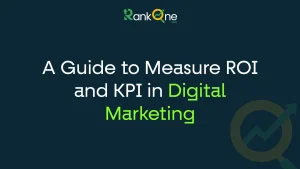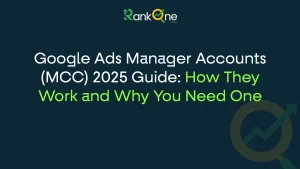
Google Business Profile Updates Not Showing: What You Need to Know
As of April 23rd, 2025, updates to Google Business Profiles (GBP) such as published posts,
Top SEO Services Company | Digital Marketing, Web Design, & PPC Experts – Rank1Pro

Is editor at rank1pro.com, has a decade of writing experience. With a strong background in Digital Marketing and PR Agencies.


PRO TIP:
If you’re still relying solely on backlinks to rank higher, it’s time to pivot! Focusing on content authority ensures long-term, sustainable SEO growth in 2024 and beyond.
Backlinks, though still relevant, are losing some of their dominance. Search engines are now focusing on user experience, content depth, and topical authority. This means websites with valuable, accurate, and authoritative content are ranking higher, even with fewer backlinks.
Google’s transition reflects its intent to reward sites that genuinely satisfy search queries with expertise and trust rather than relying on external link-building strategies.
| Criteria | Backlinks | Content Authority |
|---|---|---|
| Primary Focus | Number and quality of incoming links | Depth, relevance, and expertise in content |
| Impact on SEO | Boosts visibility and domain authority | Builds trust and user satisfaction |
| Sustainability | Requires continuous link-building efforts | Long-term with regular content updates |
| Google’s Preference | Decreasing reliance | Increasing preference |
| Best Practice | Outreach and backlink acquisition | Creating comprehensive, high-quality content |
The following graph illustrates the shift in SEO strategies over recent years. Content authority has gained momentum, while backlinks’ influence has declined.

Google’s E-E-A-T framework (Experience, Expertise, Authoritativeness, Trustworthiness) underlines this trend. Websites are now required to demonstrate their expertise through informative, relevant, and engaging content, which builds content authority.
Yes, backlinks still play a role in SEO but their significance is decreasing. Google now values content quality and topical authority more than just the number of backlinks.
Create in-depth, well-researched content, optimize for user experience, and regularly update your content to align with search intent.
Backlinks may not become obsolete, but their weight in SEO is expected to continue declining as content authority becomes more critical.
E-E-A-T ensures that content demonstrates expertise, experience, and trustworthiness. Websites with E-E-A-T-compliant content are more likely to rank higher.
The future of SEO lies in content authority. As search engines shift their focus from backlinks to valuable, user-centered content, businesses need to adapt. Building content authority through comprehensive content strategies, user engagement, and E-E-A-T guidelines will be essential for staying competitive in 2024 and beyond. While backlinks remain part of the equation, relying solely on them is no longer enough. Embrace this change, and you’ll future-proof your SEO strategy for long-term success.

As of April 23rd, 2025, updates to Google Business Profiles (GBP) such as published posts,

In a business scenario today, understanding performance metrics is the key to success, most of

It is a fact that, in the dynamic world of digital advertising, it becomes really
615 West Johnson Ave, 202-s, Cheshire, CT 06410
1-888-927-9258
info@rank1pro.com